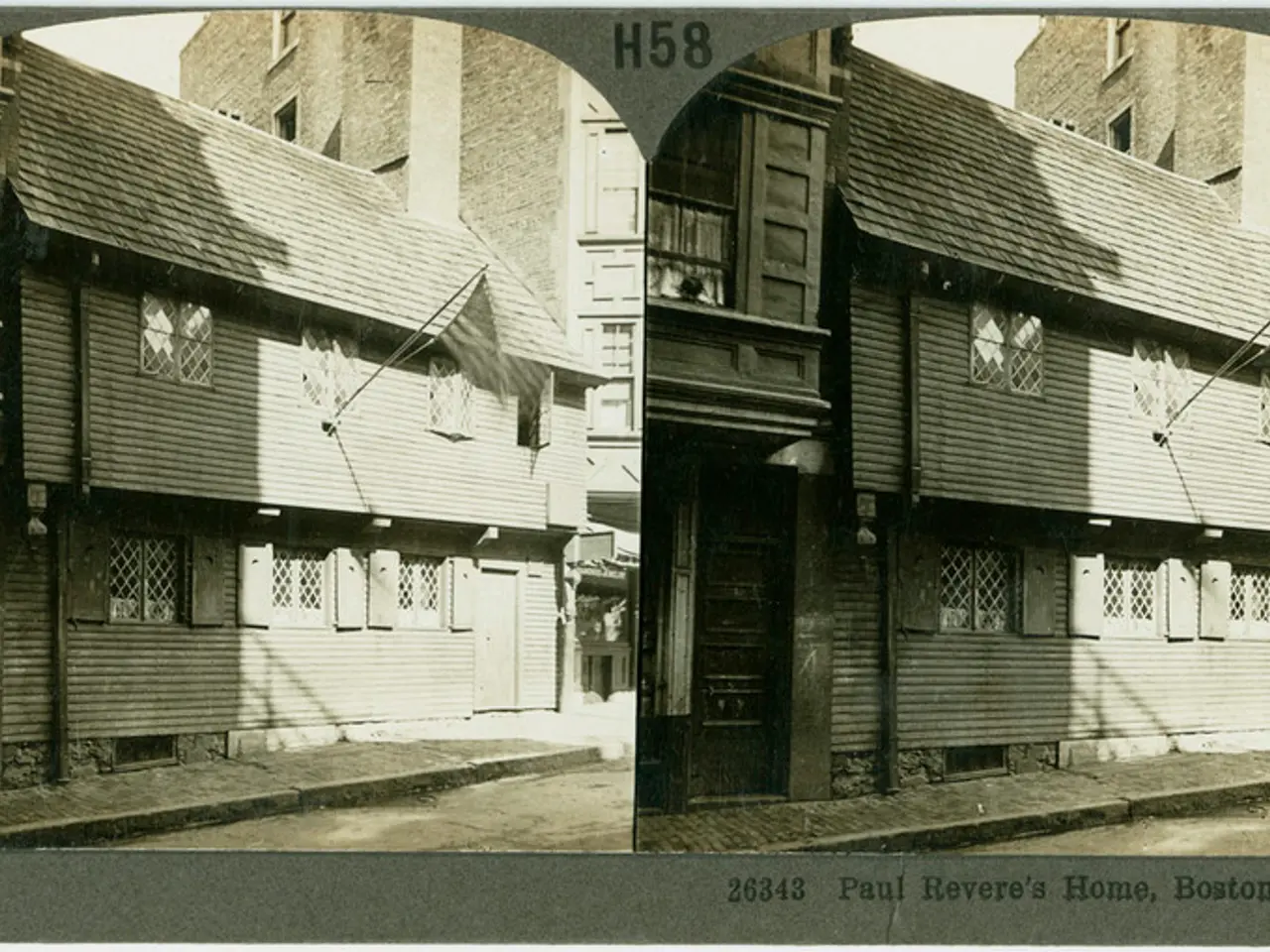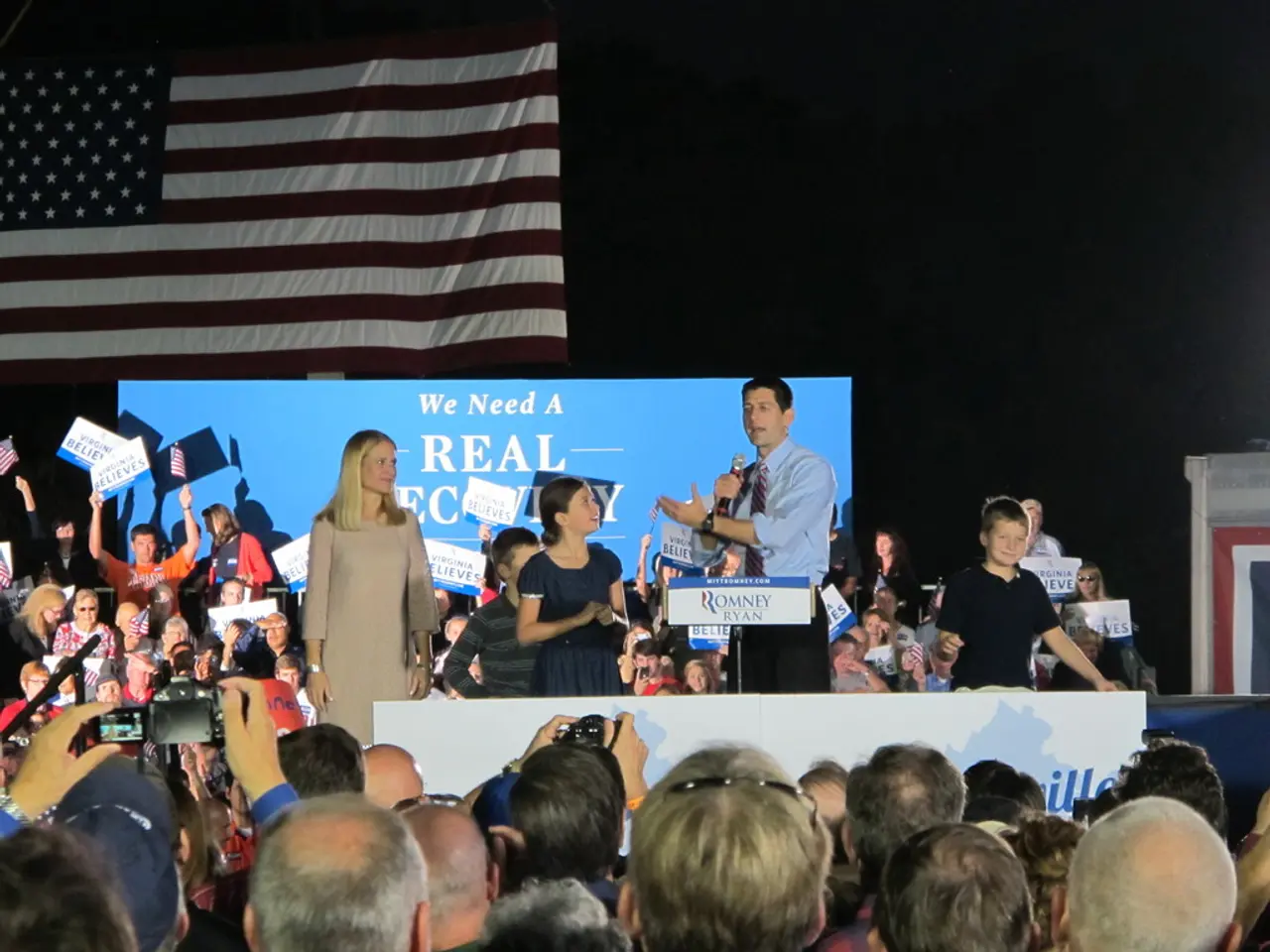Anti-ICE riot in Portland leads to federal officer assault, Quaker accused
Portland Quaker Charged with Assaulting Federal Officers During Anti-ICE Protest
Robert Jacob Hoopes, a 24-year-old Portland resident raised in a Quaker and pacifist community, is facing federal charges following an anti-ICE protest on June 14, 2025. The U.S. Attorney's Office for the District of Oregon accuses Hoopes of assaulting federal officers and damaging federal property at an ICE facility located in South Portland.
According to the federal government, Hoopes allegedly threw rocks at the ICE building and officers, blocked a door with a scooter, and used a metal stop sign pole to batter the building’s front doors, causing injuries to an ICE officer and significant damage to the property. The charges against Hoopes include aggravated assault of a federal officer with a dangerous weapon and depredation of federal property in an amount exceeding $1,000.
Hoopes, who is known for his background as an organic gardener and the soul of kindness according to those who know him, pleaded not guilty. His defense attorney and supporters emphasize his pacifist upbringing in a Quaker community, his lack of a criminal record, his recent graduation from Reed College, and his involvement in nonviolent political activism.
The incident has sparked a debate within the Quaker community about the alignment between faith-based peace testimonies and the realities of radical protest movements. Quakers, followers of the faith, reject war and violence in all its forms, according to Quaker.org. This contradiction raises concerns within the community about the intersection of faith, activism, and use of force. Quaker groups often reaffirm their theological foundations and develop guidelines to prevent escalation into violence while maintaining activist witness.
The case is still evolving, with significant community support for Hoopes amid broader discussions about the role of faith in activism. In a surprising turn of events, armed officers allegedly charged into Hoopes' house with assault rifles at approximately 9:00 a.m. local time on July 25. Magistrate Judge Youlee Yim You granted Hoopes pretrial release at his first hearing, against the federal prosecutors' request.
Rachel Wolf, a breaking news writer for Digital and FOX Business, reported on the incident. The local ABC affiliate quoted a letter written by Hoopes' roommate stating that he is not someone who would have assaulted an officer. The incident remains a topic of discussion, with many questioning the role of peaceful protest and the limits of activism.
[1] Wolf, R. (2025). Portland Quaker charged with assaulting federal officers during anti-ICE protest. FOX Business. Retrieved from https://www.foxbusiness.com/politics/portland-quaker-charged-with-assaulting-federal-officers-during-anti-ice-protest
[2] Lee, J. (2025). Portland Quaker Robert Jacob Hoopes faces federal charges for assaulting ICE officers during protest. The Oregonian. Retrieved from https://www.oregonian.com/news/20250614/portland-quaker-robert-jacob-hoopes-faces-federal-charges-for-assaulting-ice-officers-during-protest
[3] Miller, A. (2025). Portland Quaker Robert Jacob Hoopes released on bail after assaulting federal officers during anti-ICE protest. The Portland Tribune. Retrieved from https://www.portlandtribune.com/pt/news_opinion/local-news/portland-quaker-robert-jacob-hoopes-released-on-bail-after-assaulting-federal-officers-during-anti-ice-protest/
[4] Smith, K. (2025). Portland Quaker's assault of federal officers raises questions about pacifism and radical protest movements. The Christian Science Monitor. Retrieved from https://www.csmonitor.com/USA/2025/0614/Portland-Quakers-assault-of-federal-officers-raises-questions-about-pacifism-and-radical-protest-movements
[1] In the realm of general news, a Portland Quaker named Robert Hoopes is entangled in a heated politics and crime-and-justice issue, facing federal charges for allegedly assaulting federal officers during an anti-ICE protest.
[2] The ongoing debate within the Quaker community, sparked by Hoopes' actions, delves into the complexities of aligning faith-based peace testimonies with the realities of radical protest movements, specifically in the context of politics.







